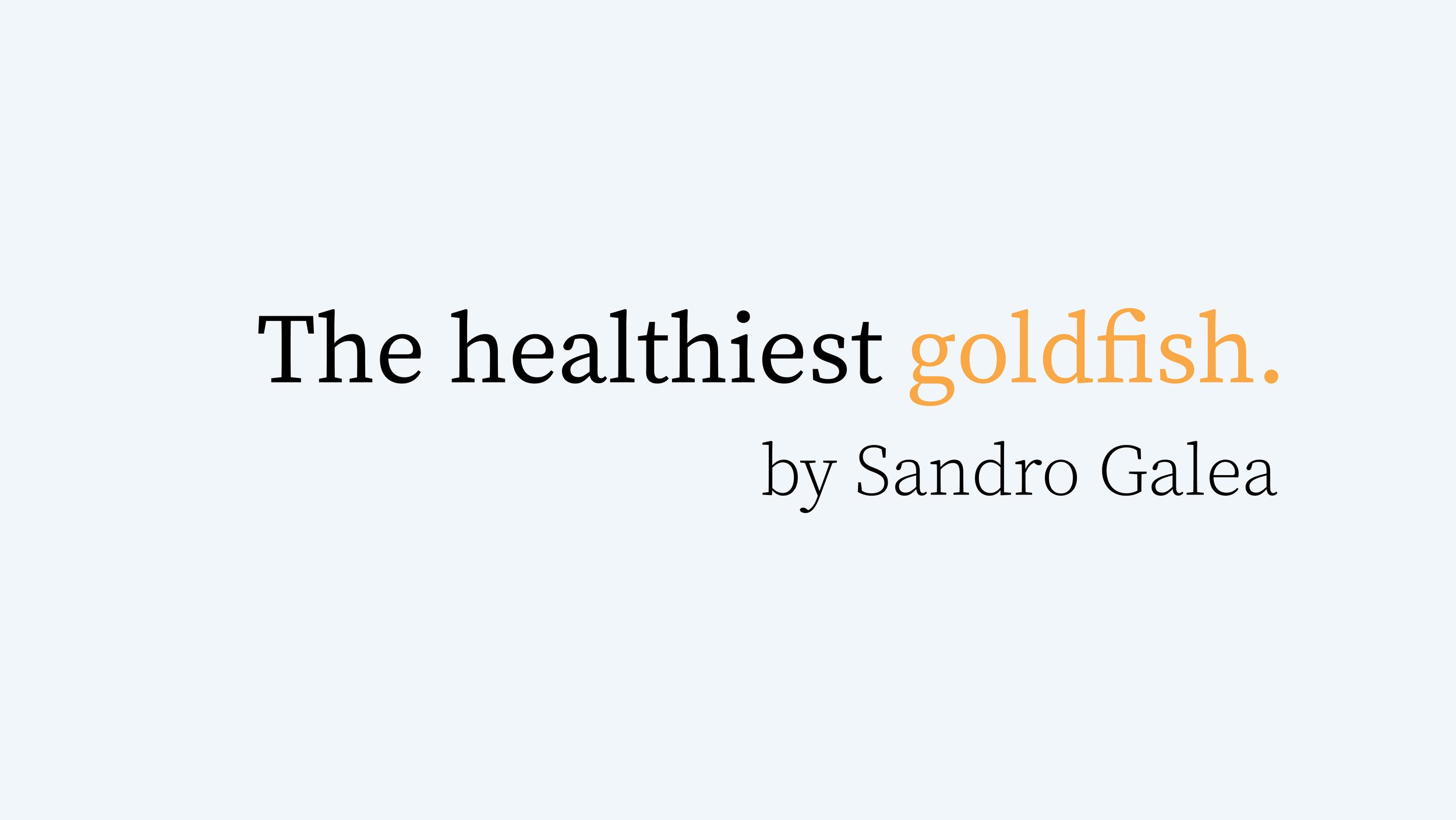Reframing our engagement with a universal human value.
In 2021, I wrote a Viewpoint for JAMA Health Forum arguing that elevating dignity should be a central goal for our pursuit of health in the COVID-19 era and beyond. Most of those who work in the health space would likely say that we value dignity, but it struck me that few have articulated the importance of dignity as an organizing principle for all we do, one which can help guide our efforts in the complexity of this moment. Since writing that piece, I have continued to think about the role of dignity as a core value for our work. In many ways, dignity, despite its importance, remains under-discussed in the health conversation. There have been only a handful of academic articles which have discussed dignity in health, and these tend to focus on patient dignity in healthcare rather than dignity in the broader context of health—as in, for example, Francis Peabody’s classic 1927 article, “The Care of the Patient.” While this article does not actually use the word “dignity,” it in many ways started the conversation about dignity in healthcare by advising clinicians to keep always in view the individual identity of patients, rather than see them as faceless, interchangeable problems to be solved.
Read more here



